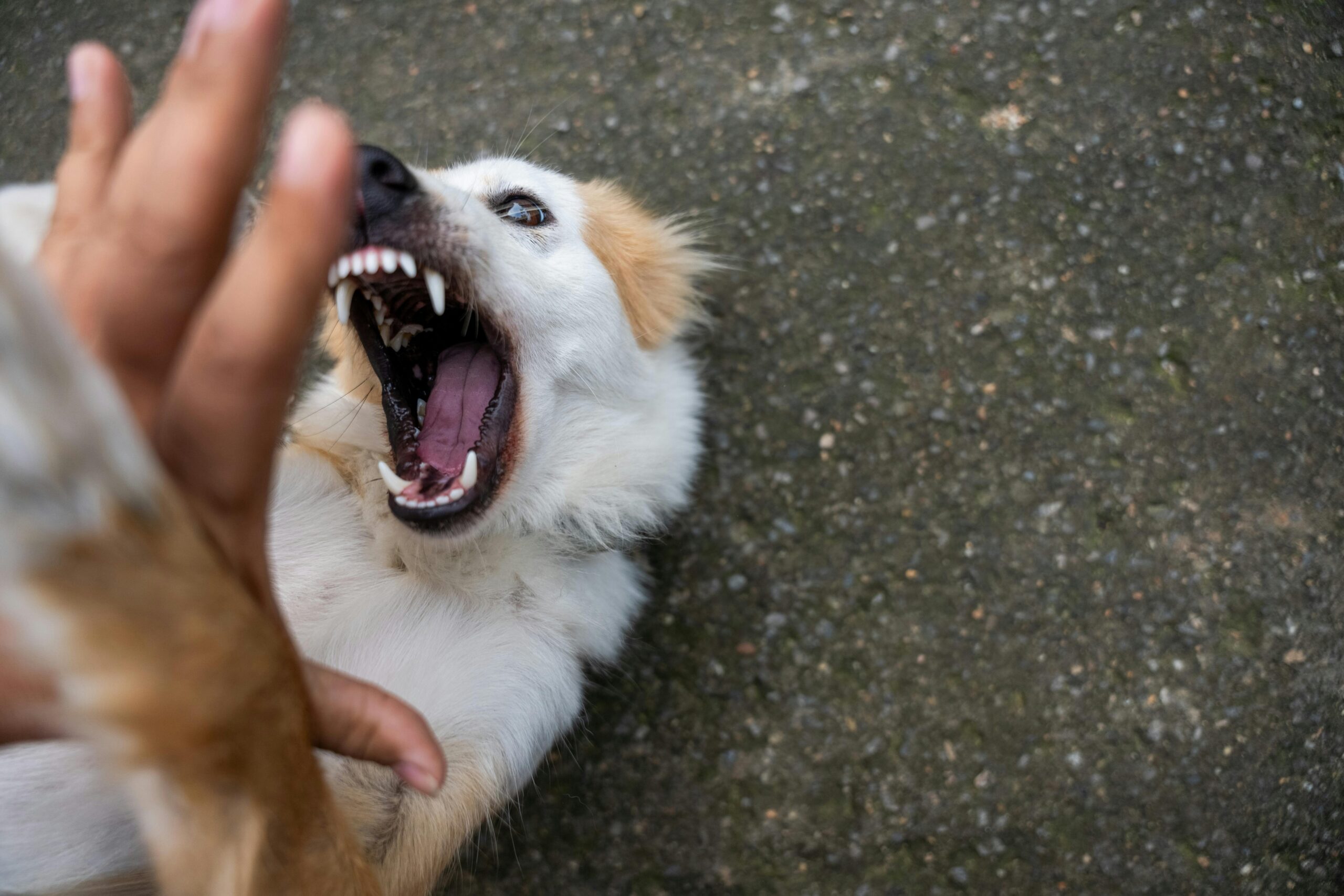When bringing home a new rescue dog, you will be unfamiliar with the dog’s past behaviors and experiences. Unfortunately, past trauma or aggression can cause a dog to bite. Throughout the United States, concerns about dog bites is increasing due to news stories about children and adults being attacked by dogs when visiting other people’s properties or just walking along in a park, beach area, neighborhood, or even on their property. Mail carrier bites have increased so much that the United States Postal Service has promoted a national week-long awareness campaign every summer to teach dog owners how to act more responsibly.
With more than 22 million people packed into confined cities and outlying areas, Florida has experienced an uptick in bites far surpassing many larger states. In fact, the USPS ranked Florida as the state with the seventh highest rate of dog bites in 2023. The situation has become so bad that Florida has its own Dog Bite Prevention page, and legislators have enacted new laws with stricter penalties against dog owners and negligent others.
Why is Florida a Problem?
In the Sunshine State, more than 600 people are hospitalized with dog bite injuries each year. Children under 10 years old and certain types of workers like mail carriers and food and package delivery drivers are at high risk of dog bites. Some experts believe that a big problem is population. People are less likely to experience bites in regions where dog owners can walk their dogs with fewer interactions with strangers. Primarily sunny and warm year-round weather promotes a higher number of risky interactions as well.
It’s not uncommon for hundreds of people to experience dog bites, or even a handful of people die from bites in Florida every year. Most attacks involve unprovoked behavior. That said, common causes include young children attempting to interact with strange dogs; protective and territorial behavior by dogs when strangers interact with familiar children and adults; attempts by good samaritans to stop dog fights and attacks; and off-leash dog encounters. Although the majority of cases involve owners who failed to appropriately confine, control or train their dogs, sick and threatened dogs might attack anyone at any time.
What Are Dog Bite Laws?
Legislators create dog bite laws to teach the public how to prevent bites and maintain a legal liability system. Florida legislators have approved some of the strictest dog bite laws in the country. In 2021, the Florida Senate updated the state statutes with a lengthy, two-part chapter of rules that outlines details related to damage caused by dogs, liability for bites, definitions explaining what officials consider a dangerous dog, methods for dealing with dangerous dogs and their owners, and exemptions. This information is available on The Florida Senate website via the “2021 Florida Statutes (Including 2021B Session)” page under the subtitles “Tile XLV” and “Chapter 767.”
What Are the Most Important Details?
Per Section 04 (767.04), a dog owner is liable for damages to a human, domesticated animal or livestock animal in any location, even if the owner never considered their dog vicious before. Liability includes when the bitten person or other animal is in a public space or lawfully on or in a private space, including the owner’s property, by invitation of the owner, or as the result of a legal duty.
The level of liability decreases depending on the amount of negligence by the bitten person or the owner of the domesticated or livestock animal or animals. The owner is not liable on their property if they previously displayed a prominent sign that clearly stated the words “Bad Dog,” as long as the injured person isn’t a child six years of age or younger or the owner wasn’t negligent in other ways.
What Is a Dangerous Dog?
Florida defines a dangerous dog as one that attacks, bites, severely injures or kills a person or other animal. The term also applies to any dog that has approached or chased a human or other animal in a way that suggests an attack or menace.
Florida defines non-dangerous dogs that attack or bite as well. Scenarios include when someone unlawfully enters a property, as is the case with guard dogs attacking burglars, and any person who abuses or attacks the dog before it bites. A dog attempting to defend or protect a human, other animal or property during an attack by one or more humans or animals is not considered bad or dangerous. Other exempt dogs include those used in law enforcement or legal hunts and dogs undergoing training.
What Happens to Dangerous Dogs?
Local government laws can overlap or overrule state ones. Depending on the severity of the case, the owner might keep the dog or deal with its destruction. Penalties can range from paying boarding fees and local fines in mild cases to a third-degree felony with one or more severe injuries or a human’s death. When the owner previously knew their dog had aggressive tendencies, they’re punished with a second-degree misdemeanor.
If the “dangerous” classification becomes permanent without animal control putting down the dog, the owner must recertify a registration certificate and pay an applicable fee annually. They must prove they appropriately vaccinated the dog against rabies and provided a secure enclosure, durable leash and muzzle. They must also guarantee the dog has an implant or tattoo that provides permanent identification. If their dog escapes or passes, or they plan to change addresses, give away the dog, or sell it, they must immediately contact animal control.
